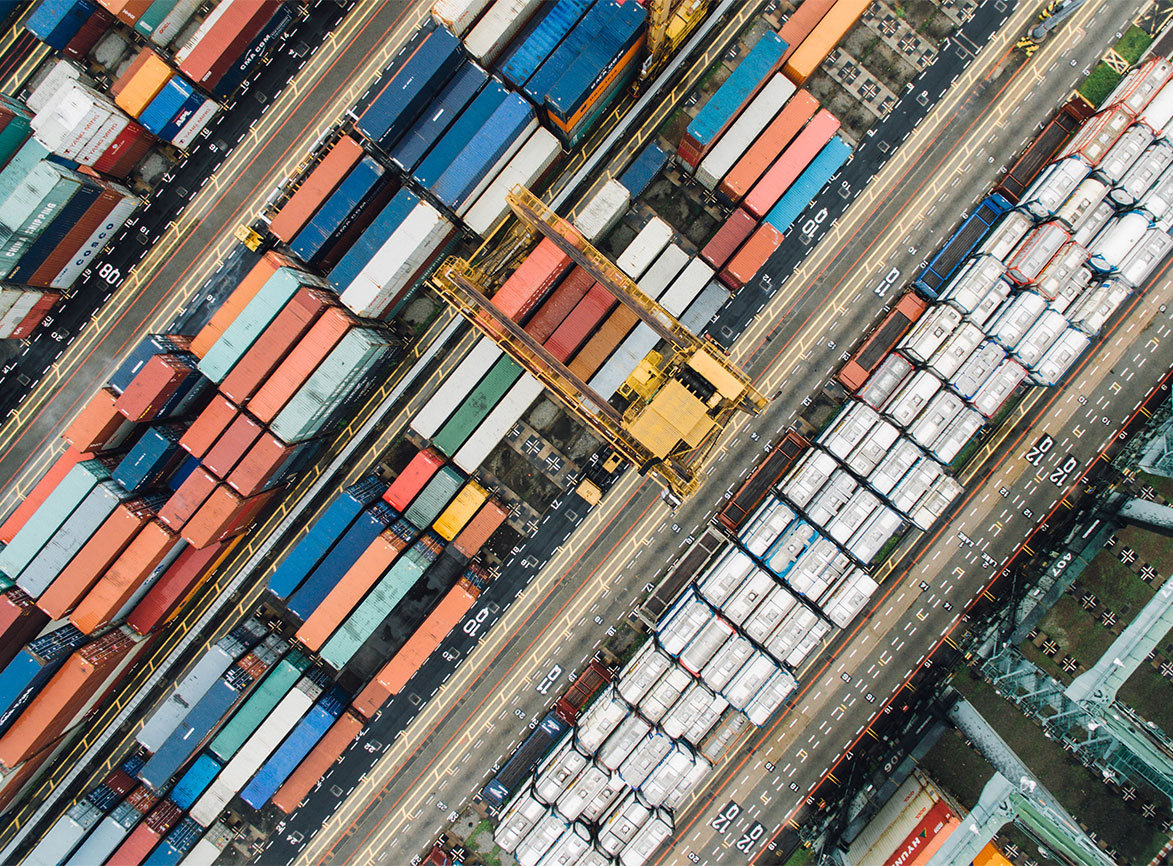To navigate through the worst periods of the pandemic, Knichel Logistics had to rely on supply chain technology. This not only included getting all employees connected remotely and up and running at home but using logistics digitization to maneuver capacity issues, carrier shutdowns, and other problems.
“We overcame the situation by just doing what we could do to get our customers’ freight moving, which was looking at multiple different options that we have at our fingertips,” said Kristy Knichel, CEO and president of Knichel Logistics, during a discussion with Blume Global’s global vice president of products and marketing, Glenn Jones, at RailTrends 2021.
The pandemic also necessitated reconfiguring internal projects, Knichel said. The company brought on a new senior director of operations and invested in-company training in a digital environment, among other internal changes. At the start of 2021, the challenging weather only exacerbated 2020 challenges.
“Coming out of last year with all those issues, we’re still kind of trying to get through those issues now but the weather is making it that much worse,” she said.
Supply chain technology is certainly a major part of the solution. Logistics digitization allows stakeholders to react quickly and efficiently to increased customer demand and expectations during the coronavirus capacity crunch. Digitization also future-proofs the business, warding off competitive threats while increasing shipment visibility and generally creating a more efficient system through automation.
“If you don’t embrace tech now, you’ll literally be left behind,” Knichel said. “The industry has been ripe for more advancements for decades but now everyone has to embrace it even at a faster pace due to the situation that we’re in.”
Everybody – even the smaller companies – must embrace supply chain digitization for the good of the entire ecosystem. She continued, this includes integrating new components for efficiency and other technology that can improve customer service.
Another change that is a long time coming is the shifting gender makeup of the industry. At her company, Knichel also leads by example, working toward a diversity of voices and ideas in the logistics industry. Knichel Logistics is a woman-owned company that employs a majority of women at the firm, several of them in top positions. Increasing the number of female voices throughout the supply chain, no matter the mode, is motivator for Knichel.
“The industry has become more inclusive over the years. It’s becoming more common to hear a woman’s voice when calling a logistics company, warehouse, carrier, etc.,” she said. “The perception of women in the supply chain has changed. Women are a huge part of the industry now.”
As for how other supply chain stakeholders and logistics companies can help the cause, Knichel recommended: “Supporting organizations that advocate and bring awareness to the issue is a great first step.”
For more on the conversation with Knichel, watch the interview below:
Blume Global has a variety of solutions that improve supply chain agility for all railroad stakeholders. For carriers, Blume’s commitment to removing empty miles and creating a more sustainable supply chain supports railroad ESG initiatives focusing on environmental and social impacts of the industry. Blume creates, sustains, and supports a purposeful supply chain ecosystem with the responsibility to make every movement of goods matter.
contact us
Contact Us

